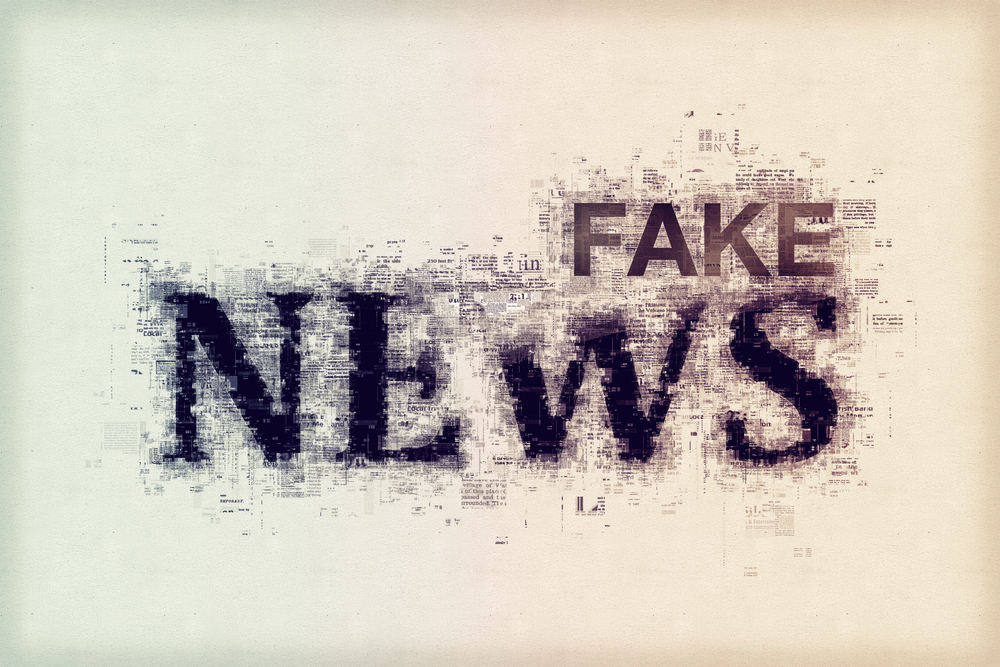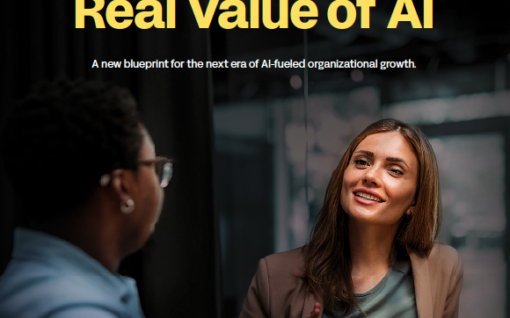Check and think before you share – why we need better info literacy

Our recent Content&Comms coffee mornings sparked some really interesting conversations around how brands can communicate through the Covid-19 pandemic and beyond. In our final discussion we talked about how to get your message across when there is so much noise online. This led the conversation on to misinformation and fake news, and how both brands and employers can point customers and employees to accurate information. In the session, marketing consultant Eva McCann shared a story about how easily friends share fake news online. It was a good example of why we all need to be more info literate. Eva has written up what she said in the session and has kindly allowed us to share it here.
In a recent Content&Comms Coffee with Martin Couzins, I asked if L&D should help employees learn how to spot fake accounts and news.
This was inspired by the From Scratch podcast on 5 May where Nigel Paine and Martin Couzins discussed Covid-19 disinformation and the need for individuals to curate and sense-make the information they see and use to make decisions. I highly recommend listening to what they shared – it will be 10 minutes well spent!
How can you help employees understand how to check who they can trust, such as using resources like www.snopes.com? How do you decide which sources are trustworthy so you can share their info, tips and advice with your friends and followers? This isn’t about being political, but even government information needs to be sense checked.
What can you believe that’s shared on social media? Here’s my story . . .
On 28th March, shortly after the initial government guidelines had been published, I went to a large supermarket to get essentials for the next couple of weeks. I had only found out that week that I am at risk of getting worse symptoms if I get Covid-19, due to a long-term health condition, so I was feeling apprehensive.
When I stood at a shelf, another shopper came to stand right next to me. I asked him if he could stand further away, but he said no. I stepped away and said, “I’ll just wait until you’ve picked what you need then…”. He turned directly to me, called me scum and other pleasantries, and did it several times, right in my face, when he was in the same isle as me a couple more times. By now I was quite distressed, as he had shouted directly in my face. I thought ‘If I get Covid-19, it happened just now’. When I got home, I made a coffee and went on Facebook, to forget about that horrible experience, only to read this, shared by a friend with the previous day’s date:
This is a text from an NHS worker
As of tomorrow, do not leave home for bread for anything! Because the worst begins tomorrow as the incubation date is met and many people that are positive with the virus start to peak!! It’s at this time other people are most vulnerable! so it is very important to stay home and not to be in contact with anybody, even members of your family if possible!! Being very careful is very important and very crucial at this time!!
And so it continued. Now I’m properly panicking. Until I read the last sentence: * DO NOT HOLD ON TO THIS MESSAGE, PASS IT ON TO ALL YOUR CONTACTS *
A classic hoax give-away. Or was it…?
To find out, I posted a comment, asking if she knew the above to be true. Her response: “Nope don’t know the guy. I certainly wouldn’t deliberately share something to scaremonger. Tbh there’s more important things to worry about than fake news on fb?”
The word ‘deliberately’ seemed to be important to her. Does it make it ok if it wasn’t deliberate? To me, it’s important to check if anything is true before I share it, whether on my personal social media or on business channels like LinkedIn.
In the Content&Comms coffee session, Martin used the wonderful expression “info literacy”. So many people mindlessly share anything they see and clearly aren’t interested in info literacy. I believe we should all check before we share. After all, we call the people we share to “friends”. Or if they are followers who might trust what we share, surely they deserve better. Especially at this time when the real news is frightening enough…
Final thought
The pandemic has created a hunger for information, both personal and professional. The question for learning teams and learning brands is: How do you ensure the information you curate and share is accurate and credible? How do you ensure employees and customers are able to spot inaccurate information? What’s your role in helping develop information literacy?
Other Content&Comms resources

